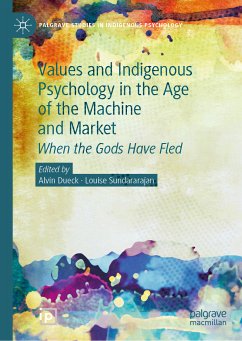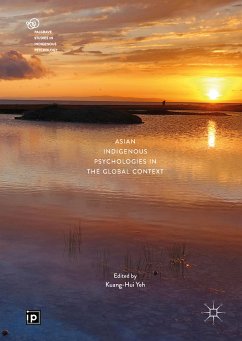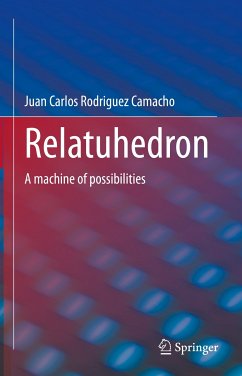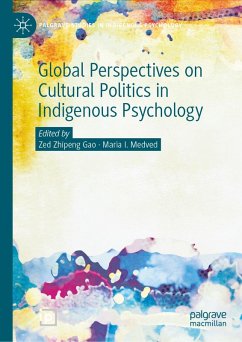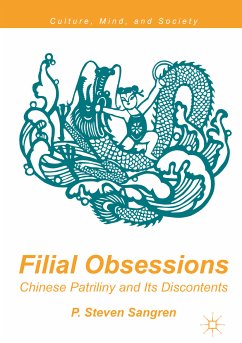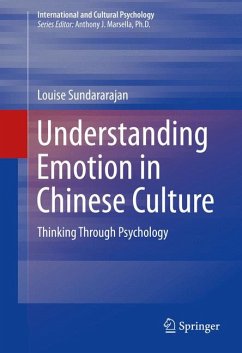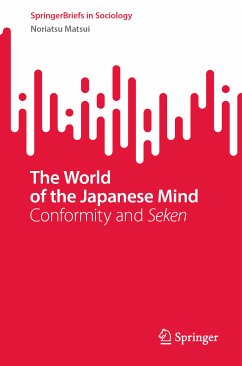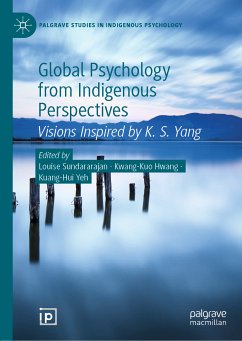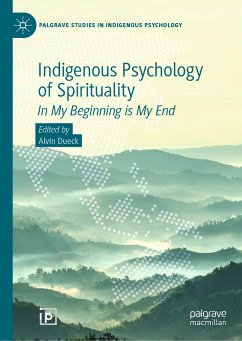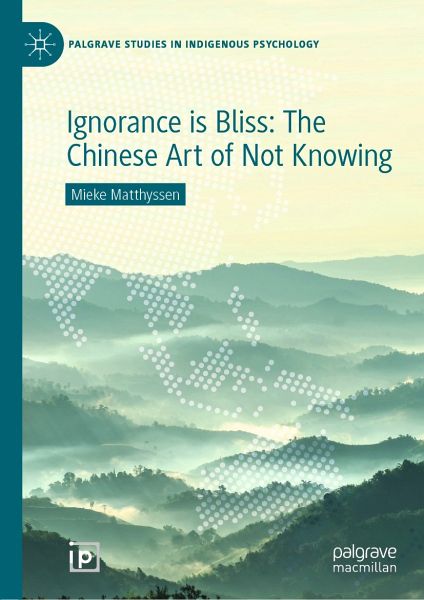
Ignorance is Bliss: The Chinese Art of Not Knowing (eBook, PDF)
Versandkostenfrei!
Sofort per Download lieferbar
88,95 €
inkl. MwSt.
Weitere Ausgaben:

PAYBACK Punkte
44 °P sammeln!
This book examines the popular, yet puzzling, Chinese saying Nande hutu ¿¿¿¿ to uncover how the ancient Chinese wisdom of not knowing is constructed, interpreted, practiced and valued in contemporary society.Originating in the calligraphy of Qing-dynasty scholar Zheng Banqiao, Nande hutu translates literally as: "hard to attain muddle-headedness". Mieke Matthyssen traces the historical development of this saying and related philosophies to reveal a culturally conditioned, multi-layered inclination to different forms of not knowing. In contemporary society, she argues, this inclination form...
This book examines the popular, yet puzzling, Chinese saying Nande hutu ¿¿¿¿ to uncover how the ancient Chinese wisdom of not knowing is constructed, interpreted, practiced and valued in contemporary society.
Originating in the calligraphy of Qing-dynasty scholar Zheng Banqiao, Nande hutu translates literally as: "hard to attain muddle-headedness". Mieke Matthyssen traces the historical development of this saying and related philosophies to reveal a culturally conditioned, multi-layered inclination to different forms of not knowing. In contemporary society, she argues, this inclination forms part of a living art: in some respects, a passive, evasive strategy for self-preservation; in other respects, a strategy for coping with intrapersonal, interpersonal and social complexities.
Drawing on an extensive range of primary sources and original research, the analysis skillfully combines philosophical and socio-historical analysiswith theory from Chinese philosophy, philosophical psychology and the relatively new field of indigenous psychology, to provide an in-depth understanding of how Nande hutu has shaped, and continues to shape, the Chinese psyche and behaviour.
This book will appeal to all readers looking for fresh insights into Chinese culture, and in particular to students and scholars of Chinese and Asian studies, cultural and social anthropology, and philosophical and indigenous psychology.
Dieser Download kann aus rechtlichen Gründen nur mit Rechnungsadresse in A, B, BG, CY, CZ, D, DK, EW, E, FIN, F, GR, HR, H, IRL, I, LT, L, LR, M, NL, PL, P, R, S, SLO, SK ausgeliefert werden.



